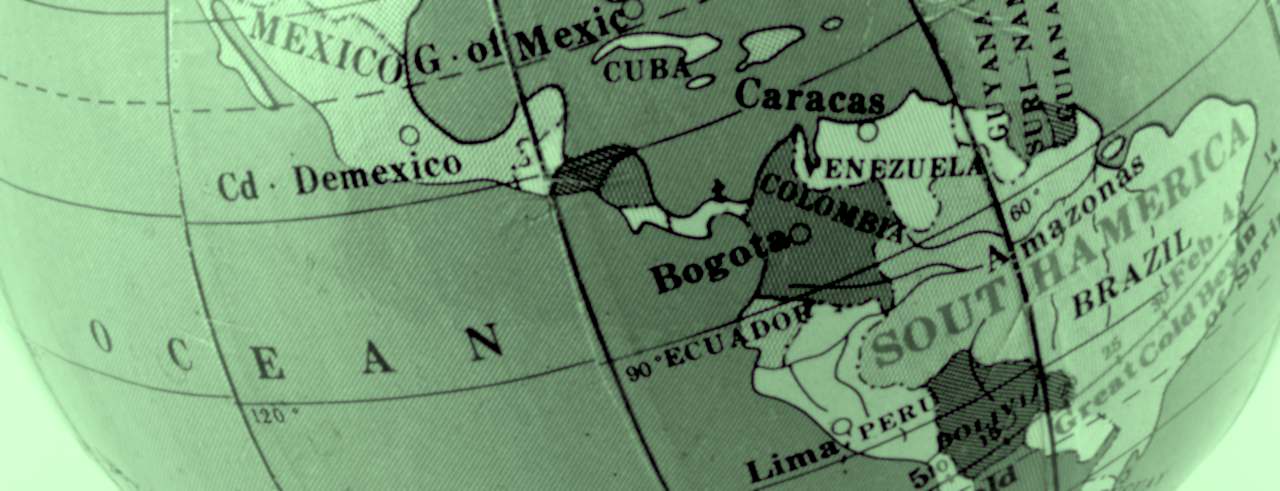Emir Sader: For Edward Said, the Orient exists only in the imagination of Westerners. It was created to represent the “other” in the polarisation between “civilization” (themselves, naturally) and “barbarism” (everyone else).
Today, more than ever, they have a similar impression with respect to us: it’s as if the Europeans had invented a Latin America for their own use. This has impeded and continues to impede them from knowing the real Latin America. This applies as much for traditional thinking as for the left, whatever its profile.
García Márquez used to say that Europeans express the highest level of solidarity when we’re defeated, but they don’t support our victories. This occurs in a very significant way with Cuba. A tropical, exotic revolution, the Cuban Revolution had its image changed when it stopped being solely anti-US and became anti-imperialist and, above all, anti-capitalist.
The same has happened with Nicaragua, and with Vietnam, which have been the subject of the most formidable solidarity campaign in Europe itself. They are transformed into monstrous statist dictatorships, instruments of the expansionist politics of the Soviet Union.
Latin America has been a land of sublimation for Europeans, where they project their own political frustrations. Something some call “revolutionaries without a revolution,” generations that have scheduled meetings with the revolution but missed their appointment. They have projected everything onto Latin America, and this prevents them from knowing the real Latin America.
Nationalism has been one of the elements of that misunderstanding. In Europe it’s a current of the right, while in Latin America it always has an anti-imperialist, leftwing meaning.
Today the same happens. The progressive governments of the continent (Argentina, Brazil, Uruguay, Ecuador, Venezuela, Bolivia) are victims of massive campaigns driven by forces of the international right, and several European voices echo these campaigns. On the opposition’s offensive against the government of Venezuela, on the economic situation in Argentina, on the World Cup in Brazil, on the new policy of legalisation of soft drugs in Uruguay, on ecological and indigenous themes in Ecuador and Bolivia, among other topics.
The reason is that these Latin American countries trouble the international organisms of the right – the IMF, the World Bank, the governments of the US and Germany, among others – and these forces are driving a systematic campaign against the progressive governments of the continent, propagandised via their media organs such as the Financial Times, the Economist, the Wall Street Journal and El País. People of the left itself, including the more radical left, reproduce these narratives, doing the work of the international right against these progressive governments.
This is possible because Europeans have built an imaginary Latin America. They idealise the movement and progressive leaders of the continent to later become disillusioned – not with the movement and leaders themselves but with their dreams about what they should have been. Fidel, Hugo Chávez, Lula, Evo Morales and Rafael Correa are the victims of these mistakes. (Che escaped only as a result of his premature death.)
The real Latin America, its governments, its leaders, maintain the support of its peoples, reducing the poverty historically produced by the dominant powers in Europe and the US; facing the international recession in the centre of capitalism from their isolation but united amongst themselves by their processes of regional integration.
This ‘Latinamericanism’ corresponds to that which Said called ‘Orientalism’, a creation of the western imagination, to designate ‘the others’. Latin America is equally a victim of this profound mistake by Europe.
Emir Sader – Página/12 (June 2014).
SOURCE: (TRANSLATED INTO ENGLISH FOR ALBORADA.NET BY CARLOS MARTINEZ).

